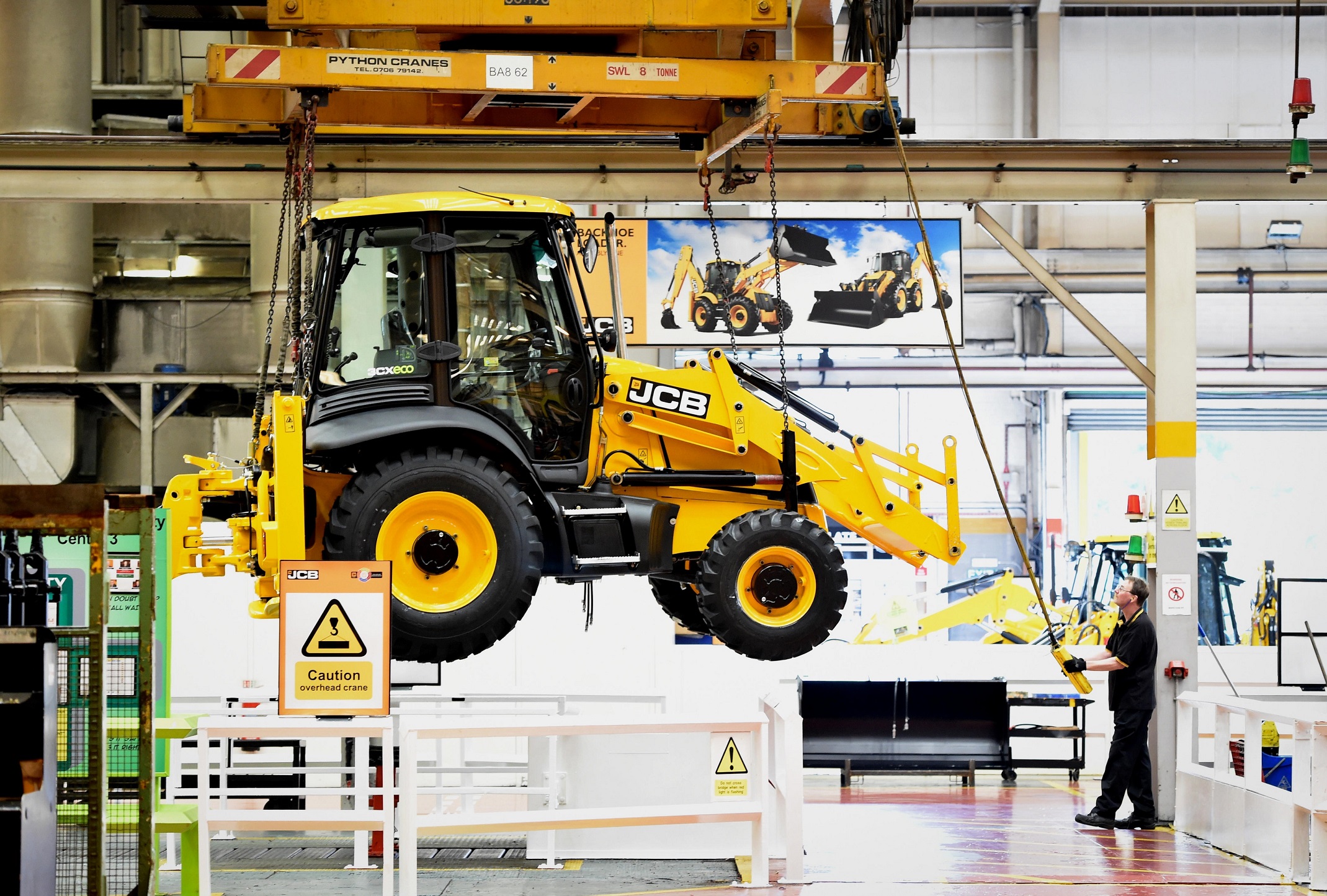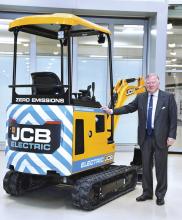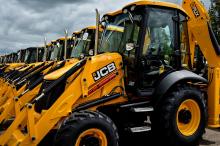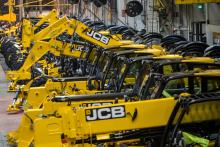
Last year sales turnover fell to £3.1 billion (2019: £4.2 billion), while machine sales decreased to 74,590 (2019: 92,216). Earnings on an EBITDA basis stood at £228 million (2019: £414 million).
JCB CEO Graeme Macdonald said: “In March 2020, £1 billion worth of orders disappeared overnight with the onset of COVID-19 and JCB was forced to close its 21 manufacturing plants around the world for around two months. Despite the severe impact on its business, Rocester, Staffordshire, central England-headquartered JCB remained profitable in 2020 as it has done for the past 76 years. The turnaround in 2021 has been dramatic: we are sitting here in September with four times the usual order bank we had in normal times two to three years ago. As a result, we are ramping up production to levels we have not had before. I have never seen anything like it in my career.”
JCB chairman Lord Bamford said: “The past is the past and, while 2020 was undoubtedly one of the most difficult years in our history, our focus is now very firmly on the future. We continue to lead the way in zero-emissions technology, particularly with the development of the construction equipment industry’s first internal combustion engine powered by hydrogen, which is already being tested in JCB machines. This is a great British breakthrough, and we will be producing these engines by the end of next year.”







